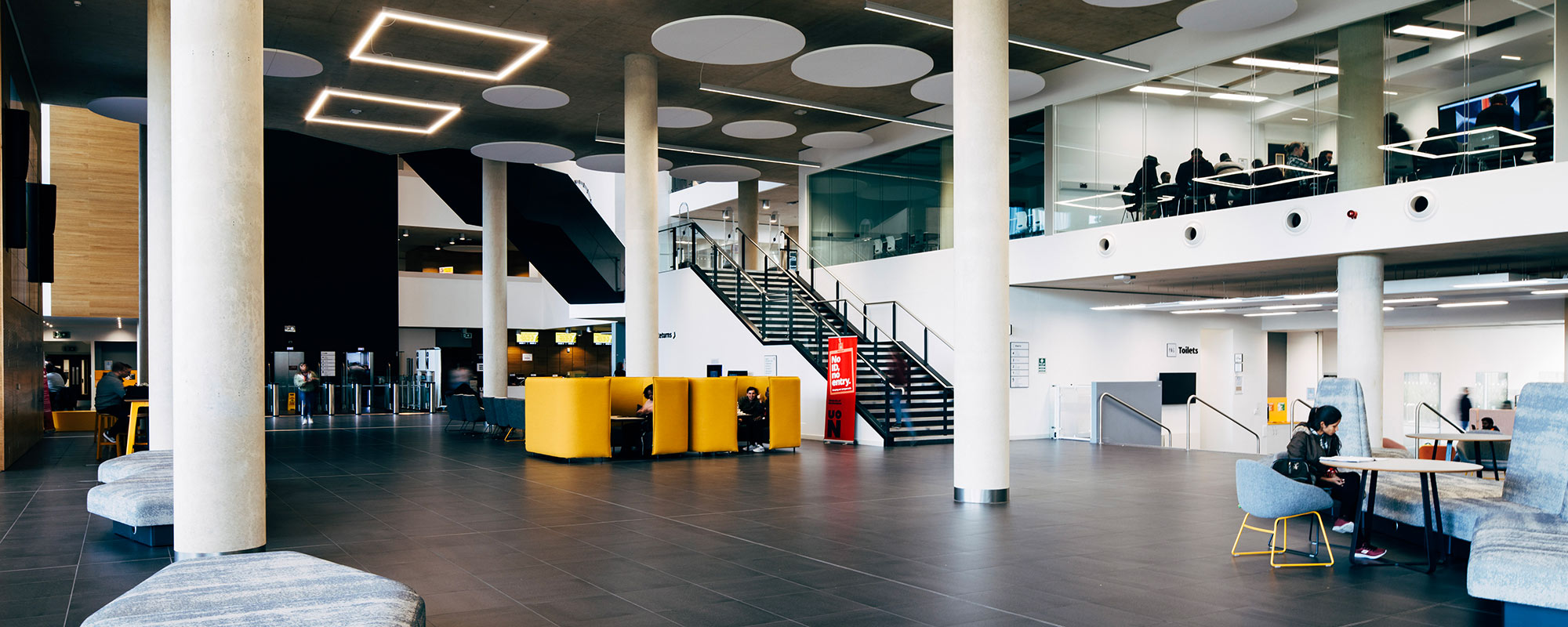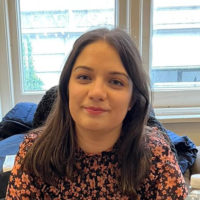What is Period Poverty and how does it affect students?
Date 8 March 2023
For International Women’s Day, we look at how Period Poverty can affect anyone and UON’s plans to help our students.

What is period poverty?
Period Poverty describes the lack of access to menstrual products (most commonly pads, tampons, and menstrual cups), plus any absence of appropriate disposing and washing facilities for during the period cycle.
Period poverty affects people all over the globe, especially those in lower-class communities however even countries that are considered “first world” still struggle. Many people are often shocked to hear how impactful period poverty is close to home. In Great Britain, one in eight people find it difficult to purchase products for their menstrual cycle. That’s 12%!
In recent years the stats are getting higher. During the pandemic, 36% of 14-21 year olds were affected by period poverty, equating to over one million people who could not access menstrual products.
With the cost of living crisis, period poverty is only getting worse too. The cost of bills and groceries are increasing, including period products, meaning that many are having to choose food and heating as a priority over period care.
Period poverty can have a knock on affect with young girls and people’s education. From attendance to participation in sports being hindered, as well as general teaching and openness around periods as a subject. This starts during school years, but can lead into university education too.
Organisations helping period poverty
Here are some organisations in the UK who aim to help tackle period poverty:
- Free Periods – a charity started by Amika George that campaigns for free menstrual products for all girls in the UK who receive free school meals.
- The Red Box Project – a community-based initiative that provides free menstrual products to young people in schools across the UK.
- Bloody Good Period – a charity that provides menstrual products and other essential items to asylum seekers, refugees, and other vulnerable people in the UK.
- Hey Girls – a social enterprise that sells menstrual products and uses part of its profits to provide free products to those who can’t afford them.
- The Trussell Trust – a charity that runs food banks and also provides menstrual products to people who need them.
- The Menstrual Hygiene Day Coalition – an international coalition of organizations working to end period poverty worldwide.
What UON are doing
The University’s Cost of Living Taskforce are currently investigating purchasing sustainable sanitary products to implement across the University estate to help students, staff and visitors who may be facing period poverty. Further details will be shared on our News pages when we launch this initiative.
